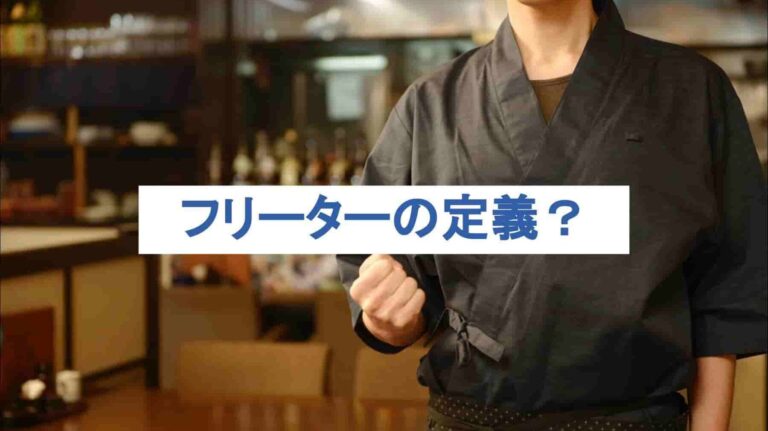

Thus instead of trying to break through the system, they turn to casual, temporary work or freelance jobs. Where women were often expected to work in this position until marriage where they would leave and become homemakers, fewer women are settling for marriage, or are leaving it until later in life. Women are becoming tired of the conservative system and struggle to make it as a “career woman” in a corporate society where women are often still excepted to undertake general admin tasks such as serving tea to clients. Many people from the recent generation are refusing to go along with these ideals and instead take a more active role in raising children rather than prioritizing work. The salaryman is excepted to be loyal to his company and prioritize it over his family, working late and missing family celebrations.

The lifestyle of salarymen or OLs is often associated with death-by-overwork (過労死, karōshi), a crowded commute on trains during rush hour in the bigger cities, and obligatory drinks with coworkers or clients several times a week. Other reasons include: a wish to avoid the salaryman, OL (office lady) career due to dissatisfaction with the lifestyle and culture attached, or a desire to experience different types of places of work, such as those with more creative or hands-on skills.

In 2001 a popular answer for employees leaving their salary job is “the job did not suit me or was boring,” but on a survey conducted in 2016, the typical response is instead “long working hours (including overtime).” According to a survey conducted by The Japan Institute for Labour Policy and Training, the increasing drive for becoming a freeter is the long working hours in full-time jobs.
#Define freeter free#
Some Reasons Young People Become FreetersĪ part of the reason more freeters are increasing in numbers is their desire for more free time and flexibility, which is often difficult to obtain while working as a regular employee (正社員, sei shain) in a fulltime salary job. Many workers who became freeters for whichever reason, now find themselves stuck because they cannot acquire specific job skills needed to work a salary-paid job. The term is usually used to describe young people, different from those who return to part-time work after marriage or retirement.Īccording to The Japan Institute for Labour Policy and Training, most freeters can be categorized into four categories:ġ) the “moratorium type” who are temporarily working before starting a careerĢ) the “dream pursuit type” who need the freedom of a part-time to work on their dreams such as becoming a musicianģ) the “no alternative type” who have no other options or opportunities or who missed the job hunting window after graduating from collegeĤ) the recently added “step-up type” who become freeters to complete study or training for the jobs they aspire to have Freeters are included within the employment category of “part” (パート) and “arubaito.” Age and circumstances discern whether the employee is called a “freeter” or not. Furita, a Japanese word that first came into use in 1987, is a combination of the English word “free” and the German word “ arbeiter,” meaning “laborer.” The word arbeiter” already exists as “ arubaito” (アルバイト) in Japanese to describe part-time or side jobs. The term generally includes men working continuously for less than 1-5 years and unmarried women working for a living. What Does “Freeter” Mean?įreeters or Furita (フリーター) is a term used to define young people (between the ages of 15 and 34) in short or part-time employment instead of professional, salaried long-term careers.


 0 kommentar(er)
0 kommentar(er)
